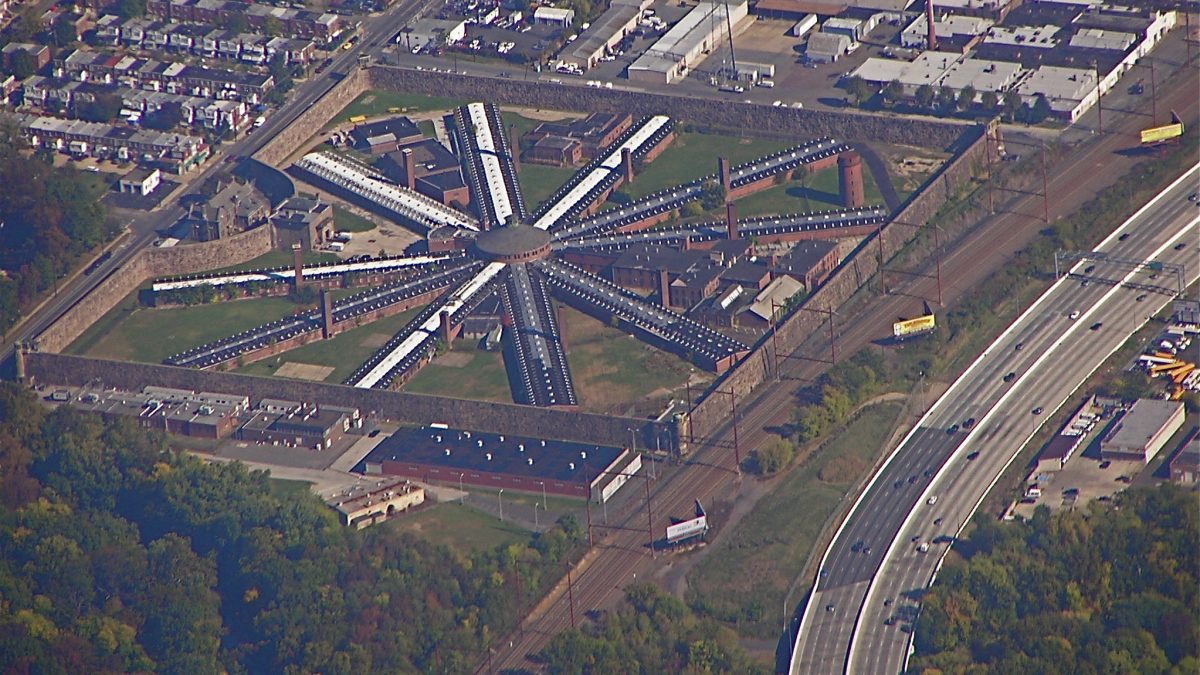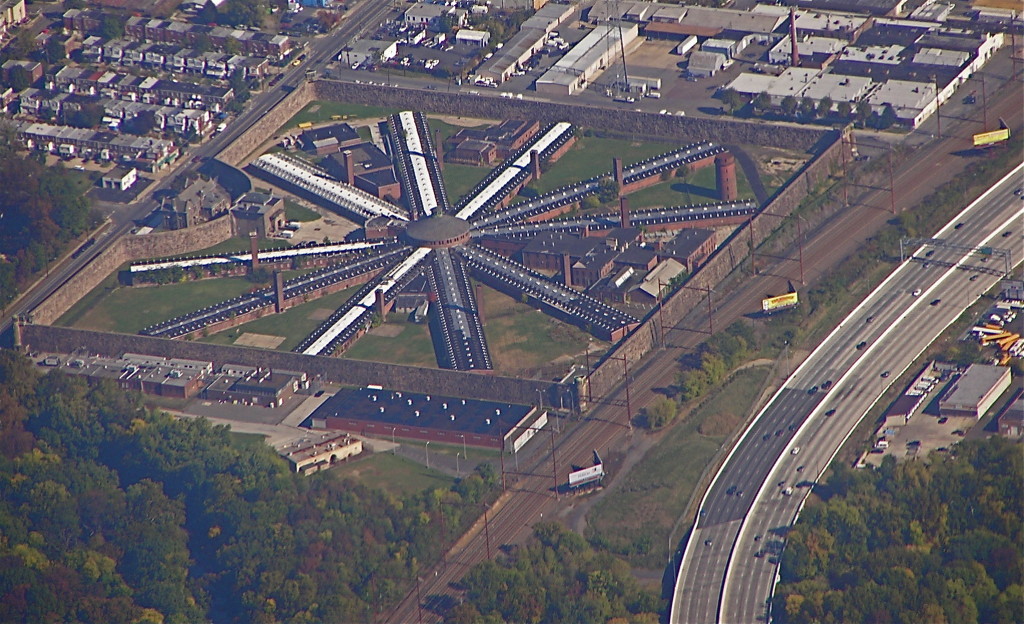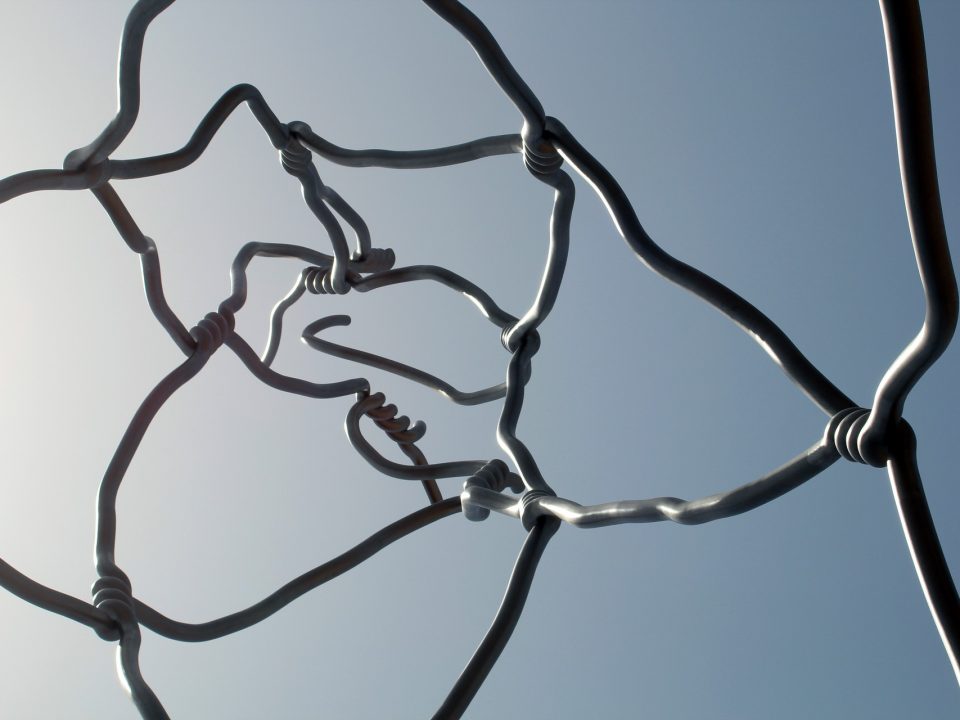Grant Will Help Cut Philly’s Prison Population

Every day, there are, on average, 7,000 people in Philadelphia’s prison system. That’s the most of any big city in the country. It’s a distinction that the City of Brotherly Love would like to lose. City officials have stated that they would like to see the number of inmates cut by one-third, or thirty-four percent, over the next three years.

Holmesburg Prison is just one of Philadelphia’s prisons that could benefit from reducing the population of prisoners.
Philadelphia’s goal is to work on reducing its prison population in a number of ways. It wants to create alternative intervention programs for minor-level offenders, such as rehabs for those with drug habits. It also wants to address widespread allegations of racism in the judicial system. It will do so, in part, thanks to the help of a $3.5 million grant designated to judicial reform.
As Mayor Jim Kenney pointed out when speaking about the program, “Folks cannot get what they need in the way of drug treatment, counseling, job training, social skill training behind bars.” It’s a sentiment echoed by police commissioner Richard Ross: “There’s some violent people out there that belong in jail, but the vast majority are people that can be dealt with in other ways, and clearly we’re in support of that.”
Some ideas floated for reducing the prison population and putting offenders back in their communities as productive citizens instead of behind bars include leeway for first-time offenders, early intervention by public defenders, and training on racial tolerance by specialists aimed at reducing judicial bias.
Altogether, say officials, the program should help more first-time offenders stay as only-time offenders. By changing the culture so that the mentality is not to “lock ’em up,” Philadelphia will reduce its prison populations and become a model for other big cities.



